Helping our children through social isolation
Many adults are feeling the negative impacts of isolation - it’s harder to get out of the house and too easy to shift into isolation. Studies show that social isolation can be twice as harmful to our physical and emotional health than obesity. But what our kids - how are they dealing with being more physically cut off from friends, family, and activities?
photo by: Vanessa Bumbeers
As caregivers, it’s hard to hear that our kids are lonely. We want to fix it, but we can’t. And most of the time, when we’re feeling incompetent, we want to avoid. But we need to do the opposite with our children. We engage and validate their feeling isolated and lonely. And we’re mindful that developmentally, peers are critical to children’s sense of belonging, identity development, and support. Here are some things we can do:
Be creative and intentional
Schedule social time for the kids to check-in with peers or family members online, or have outdoor masked playdates depending on your comfort level. And remember that, as with adults, altruism can solicit the same benefits that social engagement does. So if there are truly no others available, think about volunteering. Making cards to hand out to nursing homes. Baking treats and dropping them off. Giving to others helps you and your children too.
Find purpose everyday
What does your family value? What does your child love? Spend time doing those activities. Are they going through a phase of robots, horses, the Civil War? Whatever it is, encourage their interest (as long as it’s not harmful of course) and help them find meaning in their activity.
Talk about their inner world
Too often we parents make assumptions about how our kids are feeling. They look down, so we assume they’re sad. They don’t speak to us, so we assume they’re angry. You might be right. But you also shut down the opportunity to be wrong. So ask how they’re feeling. What their thoughts are on a topic. Less assuming and more curiosity will make them feel more seen, and you more connected.
An old supervisor once used the metaphors of alligators and owls for our brains. We have our wise owl brain that is thoughtful, restrained, takes in new ways of thinking and challenges our own thoughts. And we have an alligator brain that is pure emotion - that rages and crumbles. Our children have these animal brains too - you can use puppets/stuffed animals to play it out, so they get used to making decisions based on an alligator or owl brain.
Feel free to check out other ways to help children during tough times, or how to support our own mental health, and follow me on Instagram, Facebook, or Twitter to join a conversation. New on these, so please reach out!

